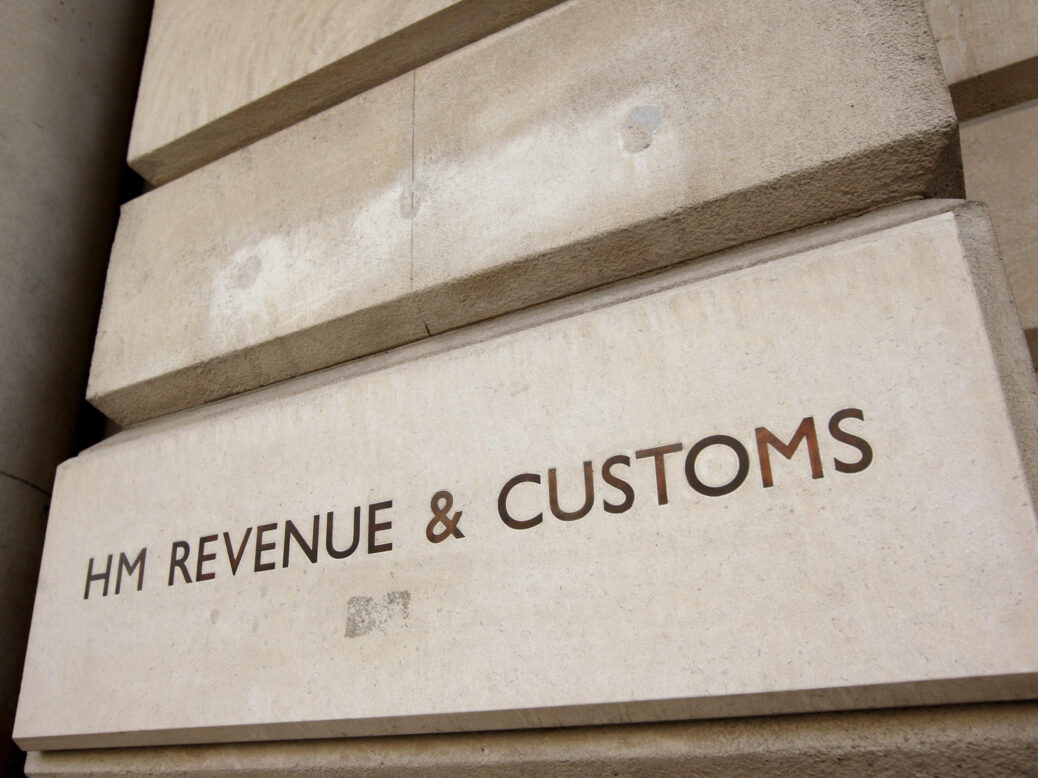
For decades, the British economy has been too unproductive, unbalanced and unequal, but the country’s tax system has done little to correct these imbalances. Rather than creating a more progressive, innovative and resilient tax model, the Conservatives, too often in thrall to market dogma, have focused on reducing taxes on higher earners and corporations while failing to address what the economist Paul Collier, in The Future of Capitalism, his latest book, calls the “deep rifts tearing apart the fabric of our societies”.
Since 2010, corporation tax has been cut from 28 per cent to 19 per cent (one of the lowest rates in the Western world), with no resulting surge in investment. In an era of austerity, rent-seeking and weakening social trust, the top rate of income tax has been reduced from 50p to 45p and, more recently, the 40p threshold increased from £46,350 to £50,000. The personal tax-free allowance has also been raised to £12,500. (The median salary in Britain is £27,000.)
Writing in this week’s New Statesman, John McDonnell, the shadow chancellor, states that “austerity has been appallingly hard and brutal for those on low incomes, but the system has also created a degree of insecurity and reduced expectations for those in technical, managerial and professional occupations (including some higher-rate taxpayers)”. That much is true enough.
For these reasons, Labour was wise not to oppose reflexively the government’s tax cuts. Though few voters earn £50,000, many more aspire to do so and fear inexorably high taxes – as Labour learned to its cost at the 1992 election.
Mindful of this, Mr McDonnell pledges in his article: “We will not increase taxes on ordinary workers, just the top 5 per cent.” Labour would reduce the 45p threshold from £150,000 to £80,000 and restore a 50p rate on earnings over £123,000. Corporation tax would be increased to 26 per cent – below the rate the Conservatives inherited from New Labour.
These plans remain too unimaginative, however. Rather than merely taxing the rich more heavily, Labour and other parties should turn their focus on unearned income – on land, property and other static assets. The fourfold increase in property prices since the early 1990s has enriched homeowners at the expense of younger generations. And yet, for decades, politicians have refused to tax this windfall. Even now, the council tax bands are based on property valuations set in 1991.
In an age when capital is so mobile and the super-rich are so adept at avoiding taxation, property taxes and land taxes have the virtue of being easy to collect and benefit the economy by shifting investment away from housing and into wealth-creating industries.
Professor Collier has proposed an “agglomeration tax” to capture the benefits that high earners derive merely from living in well-connected metropolises. “Taxation needs to make distinctions based less on how much money has been made, and more on how it has been made,” he has written. This means distinguishing between those who live off wealth – rent-seekers – and those who live off work.
A decade of austerity has deformed the British state and destabilised the nation. By 2023-24, health spending is forecast to account for 38 per cent of all public spending (up from 23 per cent in 2000). To fund other services adequately – and forge a more productive economy – the tax system must be fundamentally reshaped.
This article appears in the 14 Nov 2018 issue of the New Statesman, How the Brexiteers broke history



